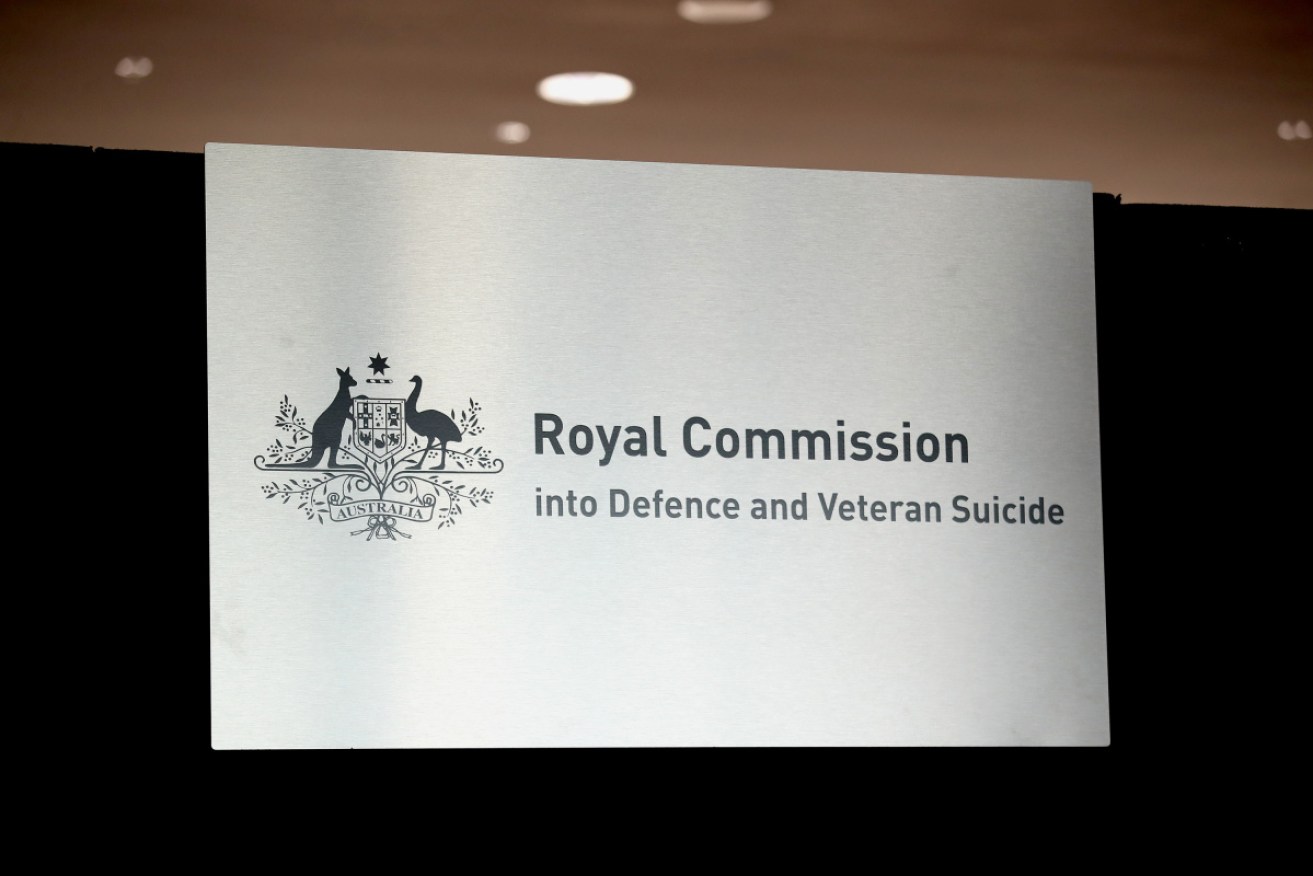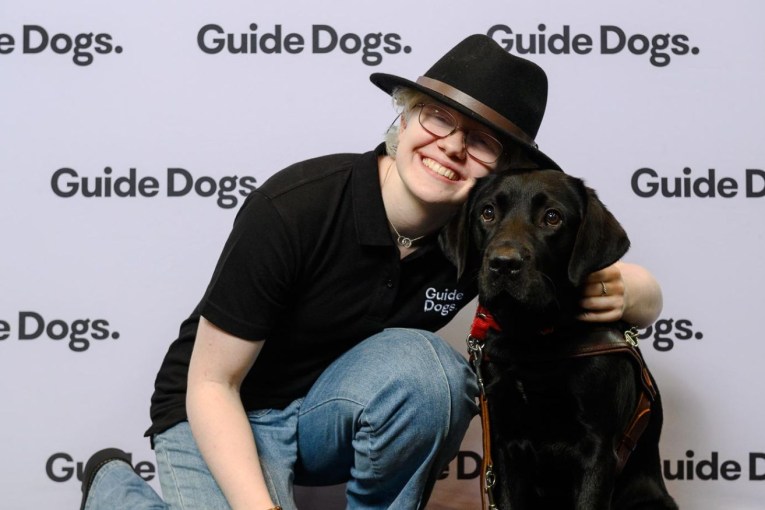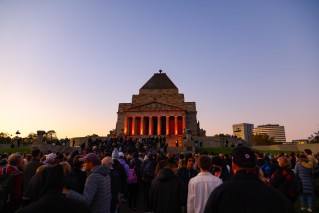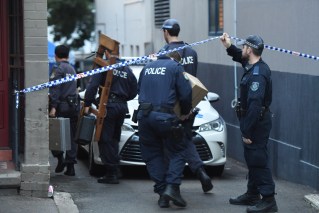Royal commission told veterans’ struggles flow to family members

The "very prescriptive" Work Health and Safety Act meant there was a gap in the number of workplace incidents that were being reported. Photo: AAP
The partners of mentally ill military veterans were being “forced” to stay in violent relationships due to legislation that deemed them ineligible for superannuation or support if they left.
The revelation is among the latest evidence presented on Monday to the Royal Commission into Defence and Veteran Suicide.
“The legislation encourages the spouse or partner to remain in a violent relationship to ensure he or she has access to financial payments to ensure the financial security of the family,” Legacy Australia CEO Rick Cranna told the commission.
Under questioning from counsel assisting Peter Gray QC, Mr Cranna was asked if that meant the legislation was operating as an “incentive”, effectively “forcing somebody to remain living under the same roof”.
“Yes … veteran legislation is causing harm here … to the spouse or partner when they separate from a veteran due to mental conditions. In many cases they are fleeing from domestic violence,” Mr Cranna replied.
He said the Military Rehabilitation and Compensation Act and the Defence Rehabilitation and Compensation Act explicitly excluded a separated partner’s eligibility for support.
Urgent reforms were needed to deal with these “unacceptable” consequences, especially in circumstances where the abused partner continued to care for the veteran’s children, Mr Cranna continued.
The Australian Defence Force continued to treat spouses and their families as “an afterthought”, he added.
“Decisions regarding families are being made by Defence with little or no regard for the wellbeing of the family unit.”
Families were invariably the ones left to pick up the pieces when a defence member returned to civilian life, but often the veteran did not disclose to their families they were suffering serious psychological injuries.
After a veteran or service member suicided, bereaved families were forced to find their own private health care and counselling, including specialist care for children who were often the first to find their dead parent.
Now in its second week of public hearings, the wide-ranging inquiry was also told the story of former Australian Army lance corporal Ryan Goodwin.
Lauren Goodwin on Monday said her brother returned from Afghanistan in 2012 profoundly damaged by “the horrors of war”.
He took his own life in December 2019.
“It was almost constantly walking on eggshells with him … he just totally disengaged from everyday life and we begged him to go and seek help,” she said.
“But the more we sort of begged, the more the resistance we were met with.”
Ryan’s father, Phil Goodwin, told the commission at no point after his son’s discharge did they feel he had anything like the support he should have been given.
He said his highly intelligent son had gone from serving in Afghanistan as a crew commander between 2011 and 2012, to fighting to get any help at all from a “very adversarial” Department of Veterans’ Affairs.
Evidence also came from a range of support organisations on Monday, flagging a series of alarming trends among veterans.
Captain Stuart Glover, from the Salvation Army, said homelessness among veterans is at an unprecedented level of 5.3 per cent compared to 1.9 per cent in the general community.
He said one of the key triggers for a veteran’s descent into homelessness was the “mismanagement” of their transition into civilian life which had “devastating consequences”.
There were also major challenges for veterans trying to match their skills with civilian jobs.
“The process of leaving the defence force is actually a trauma in itself,” Capt Glover said.
Mates4Mates national clinical manager Georgia Ash said veterans were leaving defence completely unprepared for civilian life.
They struggled with everything from finding employment to “just in general interactions in the community”.
“The hypermasculinity needs to be explained to them, why they may feel so detached from their emotions,” Ms Ash said. “This is really crucial.”
Ivan Slavich, the CEO of Soldier On, said even if veterans did not suffer from PTSD many struggled with “moral injury” as a result of the trauma they’d experienced.
The hearing continues on Tuesday.
Lifeline 13 11 14
Open Arms 1800 011 046
-AAP








